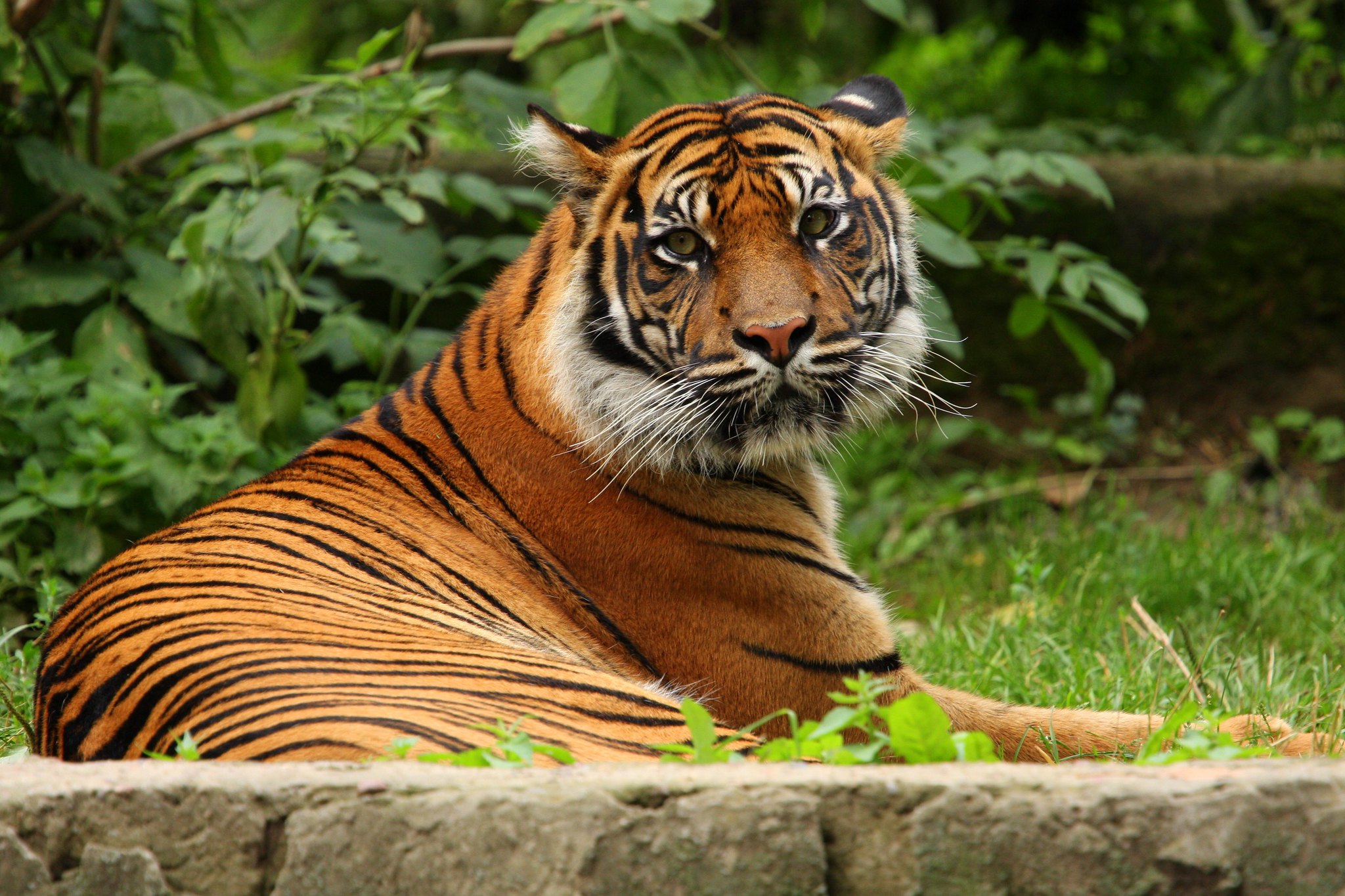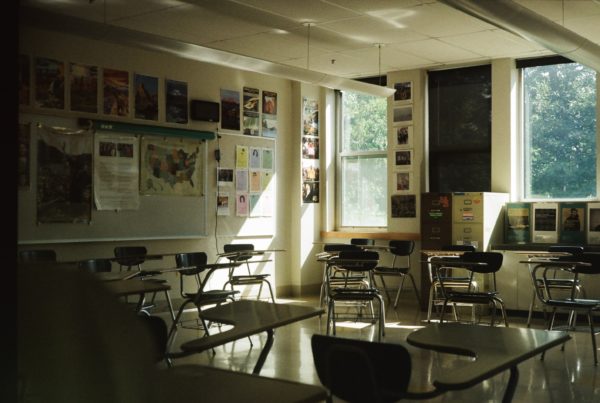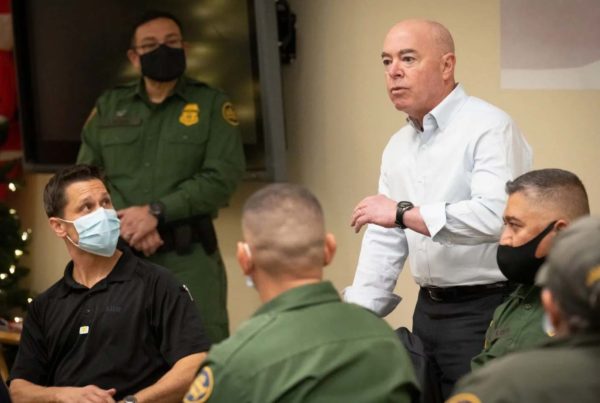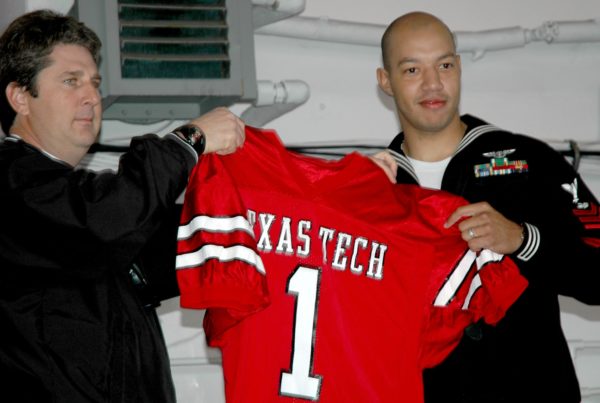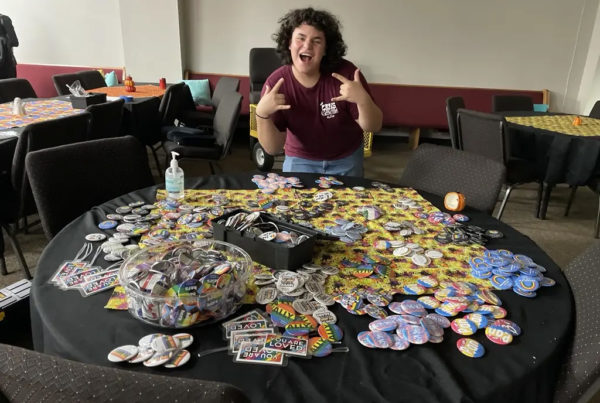In a rare bipartisan move, the U.S. Senate has unanimously passed the Big Cat Public Safety Act, a bill already approved by the House. President Joe Biden is expected to sign the measure, which would require owners of lions, tigers, leopards and other big cats to register them, and would end the practice of cub-petting. Texas is believed to be home to between 2,000 and 5,000 privately owned tigers.
Shelby Bobosky is an adjunct faculty member at Southern Methodist University Law School and executive director of the Texas Humane Legislation Network, which has lobbied for passage of the bill along with other groups. She told Texas Standard that the law has been in the works for a decade but that captures of escaped big cats, and their presence near people, led lawmakers to pass the bill. Listen to the interview above or read the transcript below.
This transcript has been edited lightly for clarity:
Texas Standard: Tell us a little bit more about what this bill would do.
Shelby Bobosky: The Big Cat Public Safety Act prohibits the private possession of big cats, including lions, tigers, leopards and cheetahs. And it also prohibits public contact and would require current owners to register their animals so that first responders know exactly where they are located. It also would impose a meaningful penalty on our violators. And so this is particularly important for our first responders and keeping them safe.
Why has this become a priority for you and other activists trying to engage Congress on this issue?
Well, because local law enforcement is not trained or equipped to deal with these dangerous wild animals, and they risk their lives every time they encounter privately owned big cats. Just a couple examples: Between February and May of 2021, officers in San Antonio and Houston apprehended two tigers, a tiger cub and a bobcat. In April of 2022, authorities confiscated a tiger cub in Laredo. And then, most recently and very concerning to me, in October of 2022, authorities seized a juvenile tiger from a Dallas home, and it was just one block from an elementary school.
So we definitely needed to fix this issue. We had realized that there were so many exotic pets in the private hands of our citizens because they were escaping. And Texas battles Florida right now as the No. 1 state for private ownership of these exotic animals.
Can you explain why it is that so many Texans have big cats in the first place?
It’s hard to explain, you know. Back in 2001, our organization, the Texas Humane Legislation Network, helped pass the Dangerous Wild Animal Act because there was such a huge issue with the private ownership of exotic animals in Texas. It was such an issue that the Houston SPCA and the Humane Society of North Texas actually built cages and enclosures in their facilities to withstand lions and tigers, if you can believe that. And there was just this almost obsession with keeping these animals as pets. And we know that these animals should not be kept as pets.
So if the president signs this law, as he’s expected to, what happens next, and what would happen to all those big cats if they’re removed from private hands?
So what would happen is those big cats would be grandfathered in. And the good news is that they would have to register those pets with the United States Fish and Wildlife Service. We’re not removing those current pets because, quite frankly, where would we put them? But hopefully it will end this constant flow of private ownership and also end this situation where tiger cubs are used as props for individuals and roadside zoos for, really, tiger selfies.


